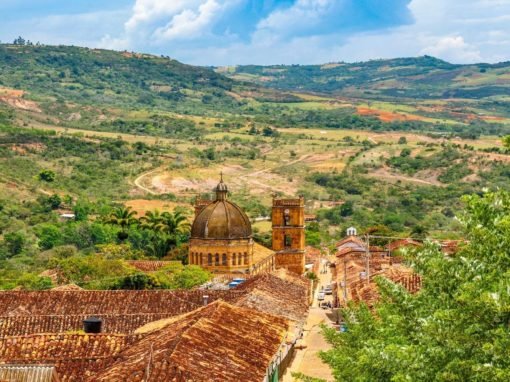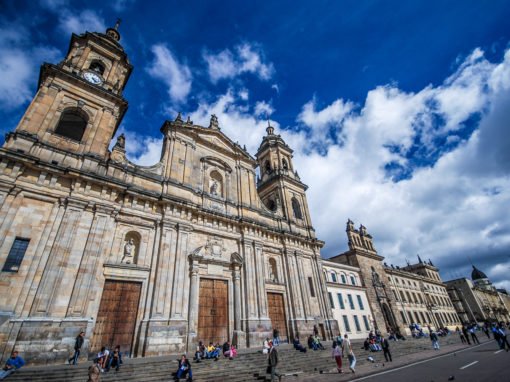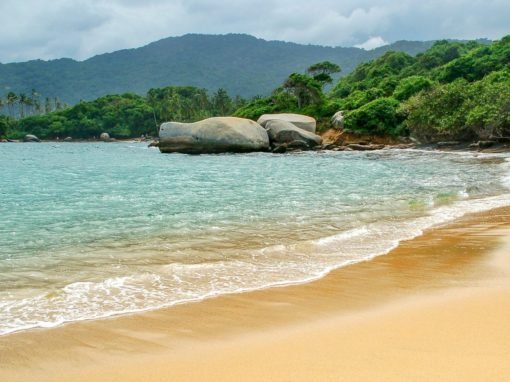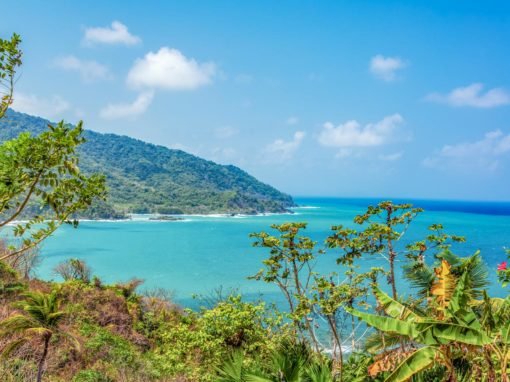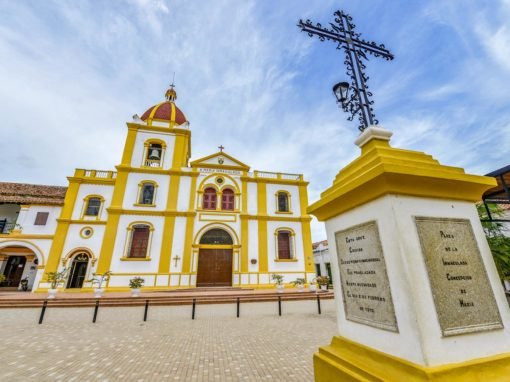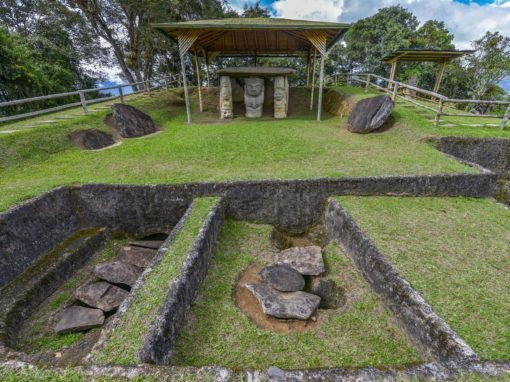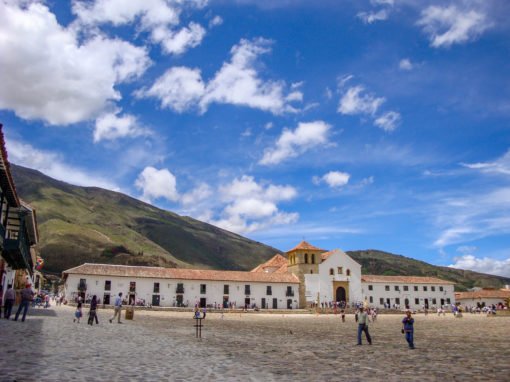Colombia
Smile. You’ve LANDED in Colombia.
Encounter the very best of South America – the essential spirit of the continent’s culture amidst stunning landscapes. With mouthwatering cuisine, lively beaches, and adventures galore, a luxury vacation to Colombia is guaranteed to be unforgettable.
CAPITAL BOGOTA
LANGUAGE SPANISH
CURRENCY COLOMBIAN PESO
READ ONE HUNDRED YEARS OF SOLITUDE
SIP & TASTE TINTO CAMPESINO & BANDEJA PAISA
EXPERIENCE LOCALLY GROWN ARABICA COFFEE
Start your journey today
Destinations
Where to go in Colombia
Explore Major Cities
Discover all Colombia has to offer. From the stunning capital of Bogota to Cartagena and beyond, each city offers something unique.
Adventures you can’t Miss
Luxury accommodations in Colombia

Casa San Agustin
Cartagena

Casa Yahri
Barichara

Casa Medina
Bogota

Casa en las Nubes
Coffee Country
Albums & Stories
Gallery
FAQ
What is the best time to visit Colombia?
Cartagena’s warm climate changes little throughout the year. Temperatures reach into the 90s, with 90% humidity. Welcomed breezes cool the area from November to February.
Hurricanes are rare, and even in the wettest season (September – November) monthly rainfall almost never exceeds five inches.
The climate in Colombia’s Coffee Triangle is consistently spring-like, with highs rarely exceeding 72ºF and overnight lows hovering near 50ºF. Sunny skies are the rule, although average monthly precipitation for April, May, October, and November can exceed six inches.
What language is spoken in Colombia?
English as a second language is spoken in locations frequented by foreign visitors, and it’s estimated that 4% of the Colombian population speaks it fluently. LANDED can offer bilingual guide services to ensure you don’t miss a single detail of the rich cultural information shared during your travels.
Additionally, an estimated 70 languages are spoken by Colombia’s indigenous populations.
What should I pack for Colombia?
What to pack for your trip to Colombia depends on which destinations you’ll visit, how long you’ll be away, what you’ll be doing, and the time of year.
Still, packing for Colombia is not difficult. Here are some of our recommendations:
- Passport. Lock the original in the hotel safe and keep a copy (say, a photo of the passport’s photo page) with you at all times.
- US cash in small denominations (clean, un-torn bills).
- Airline flight information
- Sun protection (sunblock, sunhat, & sunglasses)
- Credit & ATM cards. ATMs are available and major credit cards are accepted at most restaurants and hotels. Please confirm your travel dates and destinations with your card issuers before you leave the country.
- Camera, batteries, & data cards (or film, if your hands are occasionally scented by fixer or selenium)
- Insect repellant & antihistamine (anti-itch) spray if you’re headed to the tropical
- Prescription medications
- Swimwear
- Daypack or small backpack
- Light, informal clothing for dining and hotel or in cities (it’s amazing how versatile a charcoal grey sweater can be)
- Comfortable walking or hiking shoes
- Electrical adapter, universal surge protector, & power strip
How safe is Colombia?
Colombia’s civil war was settled in 2016. With that peace, the country has opened to foreign travelers as never before.
The larger cities do have neighborhoods with high crime rates, but those are not the places you are likely to visit as a foreign traveler. Still, petty crime is a reality. It pays to have a professional, private guide and heed his advice.
As with many countries with a history of conflict, border regions and remote areas can carry a higher risk.

